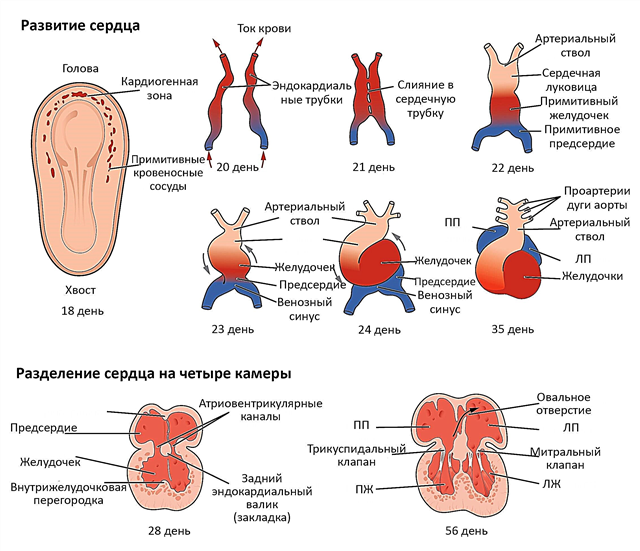What are the indications for papaverine injection?
Basically, papaverine is used to relieve smooth muscle spasms in the following conditions:
- intestinal spasms;
- spasm of the pyloric stomach;
- pain in the gallbladder area;
- an attack of colic with ICD;
- bronchospasm;
- acute urinary retention.
Also an important area of application of the drug are pathologies accompanied by vasospasm:
- obliterating endarteritis of the lower extremities;
- spasm of cerebral vessels;
- attacks of coronary heart disease (angina pectoris);
- hypertensive crisis.
Finally, Papaverine is used for combined premedication before surgery.
Most often, this agent is used in the form of injections, since a quick effect is usually required from the administration of the drug.
How to use papaverine injections?
First of all, you should check the quality of the medication. In addition to the date of manufacture and expiration date, it is necessary to pay attention to the physicochemical properties of a particular dosage form. Papaverine hydrochloride is a white crystalline powder that is odorless and slightly bitter in taste. More necessary data is contained in the pharmacopoeia. Usually sold as tablets, rectal suppositories, or ampoules in solution.
For intravenous injections, it must be diluted in 10-20 ml of saline. It is injected intramuscularly in its original form. The exact dosage is usually prescribed by the doctor, it depends on the patient's condition and the specific disease.
The average single dose for adults contains about 0.1 g, no more than 0.3 g can be injected per day. No more than 2 injections are allowed throughout the day, in order to avoid overdose. To stop a hypertensive crisis, 1-2 ml of a 2% solution in / m is injected. Most often, for the treatment of this condition, Papaverine is combined with Dibazol.
In pharmacies, Papaverine is only available with a prescription.
What is the expected effect?
Papaverine promotes the release of calcium ions from myocytes, due to which there is a decrease in the tone of the smooth muscles of the internal organs (digestive, respiratory, genitourinary systems). Severe muscle spasms of this type are the cause of pain (so-called colic), which can be relieved by the drug. In high doses, it reduces the excitability of myocardial cells, blocks the cardiac conduction system.
With bronchospasm, breathing difficulties may occur. Papaverine expands them by acting on smooth muscle cells.
Also, this drug expands peripheral vessels, thereby reducing pressure and improving perfusion (blood supply) to organs and tissues.
Finally, by acting on the central nervous system, it has a slight sedative effect (especially in high doses).
Analogs of this remedy have a similar effect: No-shpa (Drotaverin), Spazmolgon, Belalgin, Foradin.
Are side reactions possible?
Instructions for the use of papaverine hydrochloride injections contain indications of the following side effects:
- general weakness, drowsiness.
- the development of arrhythmias: atrioventricular blockade, tachycardia, ventricular extrasystole;
- arterial hypotension, very rarely - collapse;
- dyspeptic manifestations (nausea, bloating, constipation);
- increased levels of hepatic transaminases (ALT, LDH);
- allergic hypersensitivity reactions (pruritus, urticaria);
- eosinophilia.
In case of an overdose of the drug, the following symptoms are possible:
- diplopia (double vision);
- severe weakness;
- drop in blood pressure, collapse;
- drowsiness.
In this case, it is necessary to stop taking, prescribe detoxification therapy and apply medications that increase blood pressure.
Are there any restrictions on the use of the drug?
There are certain pathologies in which the harm from the use of Papaverine exceeds its benefit. The following diseases are absolute contraindications:
- individual intolerance to the active substance and additional components;
- heart rhythm disturbances (especially blockade);
- glaucoma;
- acute liver failure;
- newborns up to 6 months and the elderly.
It is used with caution and under close supervision in the following cases:
- recent head injury;
- sinus tachycardia;
- shock of any genesis;
- hypothyroidism;
- adrenal insufficiency;
- chronic liver failure;
- the period of pregnancy and breastfeeding.
The drug is not recommended to be used together with levodopa and anticholinergics, as they negatively affect each other.
How often and for how long can papaverine be used?
Usually, this medication is not taken more than 2 times a day. If the injection did not bring any relief, it is better to seek the advice of a specialist.
The course of treatment usually does not last long, about 1-2 weeks and ends after the symptoms of the disease disappear.
Conclusions
Papaverine hydrochloride is an effective and safe antispasmodic agent that can successfully combat acute conditions such as hypertensive crisis, spastic pain of the abdominal organs and vascular disease. The injections of the drug work very quickly, while side effects are rare.
The medicine has some contraindications, therefore, before using it, you must consult a doctor and be sure to read the description in the instructions. The recommended dosage should be strictly adhered to in order to avoid complications.



